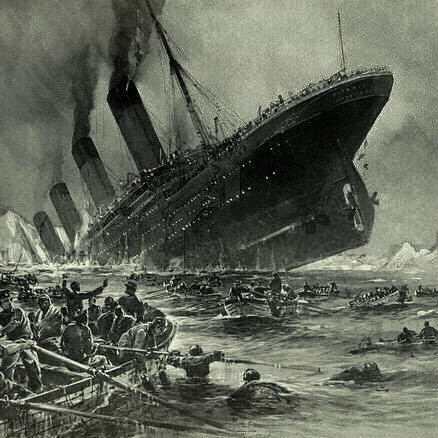Whether infants who die are redeemed or condemned is certainly a knotty problem and one that deserves to be treated soberly. Here, I will not attempt to tease out the various issues and reach a conclusion. Rather, I am going to examine a particular objection to a particular view and try to draw out some of the lurking presuppositions. In full disclosure, I do not have a position on this topic and I am weighing the various options carefully given the gravity of the implications.
The position in view is the “all babies are saved” perspective (I will refer to this as “infant universalism”). As with the other views, it has its strengths and weaknesses; however, there is a common objection to this view that I do not think makes much sense. This objection goes “if this all babies are saved, then, abortion is the greatest Heaven filling practice of all time”. There are at least two problems that I see with this objection.
First, this seems to be an argument from consequence: an argument that derives the falsity of a premise from the consequences of that premise. This is a fallacious form of argumentation because the palatability of the conclusion does not impact the truth of the conclusion. If infant universalism is true, then, it does seem that abortion is a Heaven filling practice. This certainly seems to be uncomfortable but that does not make infant universalism false. There is a similar objection that legalists like to raise against the sufficiency of grace: if you do not have to do anything to be saved, then people will do whatever they want since they can just ask for forgiveness later. To be sure, this is not a perfect parallel; nevertheless, the fact that people abuse grace (an unfortunate consequence) does not impact the truth of the doctrine. I think the same can be said here of infant universalism.
Second, there seem to be some questionable presuppositions behind this objection. What is it that makes abortion an ethically unacceptable action? I do not think that eternal destination is the primary criterion or any meaningful criterion at all. Objections to abortion are usually in terms that that practice involves the unjustified killing of another human, not because these humans will be deprived of a chance to respond to the gospel message. If this is the case, then the practice of abortion is ethically unacceptable even if infant universalism is true. But if eternal destination bears no weight on the ethically acceptability of abortion, then aside from emotional effects, the “Heaven-filler” objection is rather moot. Moreover, it seems rather unobjectionable that adult Christians enter the glorified state after their Earthly death. If it were the case that eternal destination did bear weight in the ethical acceptability of actions, one could equally say that large-scale executions of Christian adults are Heaven-filling devices.
I can see how infant universalism makes abortion into a Heaven-filler; however, I don’t see how this makes infant universalism false nor whole sale legitimizes abortion.
Originally posted on Think Theism





